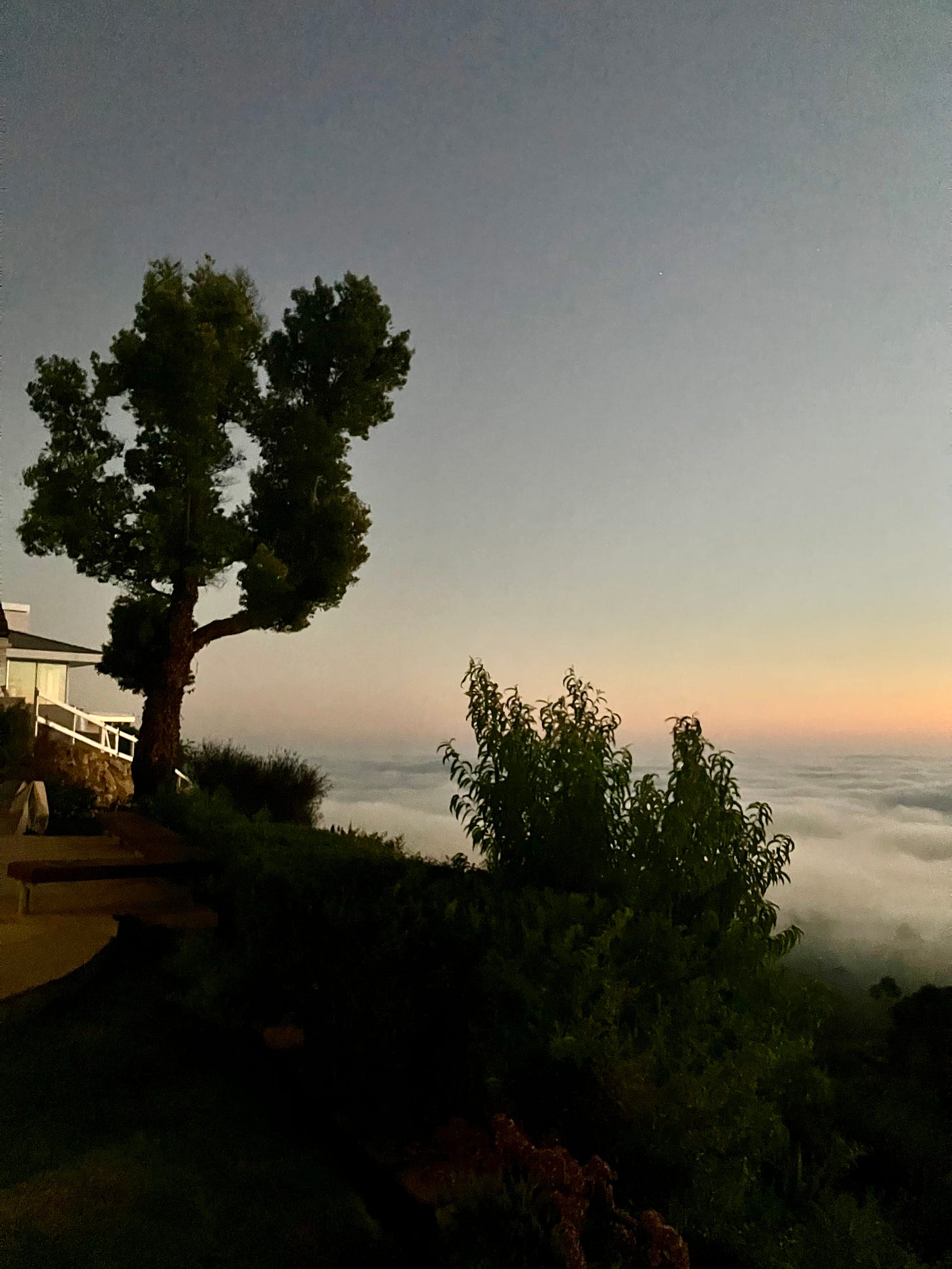As we are saying goodbye to the parting year, in the Torah, Moses standing on the banks of the Jordan River wraps up his long goodbye speech to the Jewish people. And he imparts two very important messages:
וְלֹא אִתְּכֶם לְבַדְּכֶם אָנֹכִי כֹּרֵת אֶת־הַבְּרִית הַזֹּאת וְאֶת־הָאָלָה הַזֹּאת׃
I make this covenant, with its sanctions, not with you alone,
כִּי אֶת־אֲשֶׁר יֶשְׁנוֹ פֹּה עִמָּנוּ עֹמֵד הַיּוֹם לִפְנֵי יְהֹוָה אֱלֹהֵינוּ וְאֵת אֲשֶׁר אֵינֶנּוּ פֹּה עִמָּנוּ הַיּוֹם׃
but both with those who are standing here with us this day before our God Adonai and with those who are not with us here this day. (Deuteronomy 29:13-14)
Torah was given not only to the generation of the desert and the generation that was standing with Moses in those final days of his leadership, but with everyone, with all the generations that will be in the future, us, who are alive today and those who will come after us. This is an empowering idea, I believe especially for our younger community members, the students in Torah School and our Youth programs, but also for everyone, all of you standing at the threshold of 5786, all of you who are part of Temple Beth El (and the larger Jewish nation). One of the things I am passionate about as an individual and as a rabbi is to encourage everyone to immerse themselves in Torah and to find a way that works for them to take ownership of the tradition. I look forward to being a study partner for each of you in the new year, be it in a class, at services, on a hike, or at a community event, you name it. We can all reach Torah, because, and that is the second important message Moses imparts, in Deuteronomy 30:11-14:
לֹא בַשָּׁמַיִם הִוא לֵאמֹר מִי יַעֲלֶה־לָּנוּ הַשָּׁמַיְמָה וְיִקָּחֶהָ לָּנוּ וְיַשְׁמִעֵנוּ אֹתָהּ וְנַעֲשֶׂנָּה׃
It is not in the heavens, that you should say, “Who among us can go up to the heavens and get it for us and impart it to us, that we may observe it?”
וְלֹא־מֵעֵבֶר לַיָּם הִוא לֵאמֹר מִי יַעֲבׇר־לָנוּ אֶל־עֵבֶר הַיָּם וְיִקָּחֶהָ לָּנוּ וְיַשְׁמִעֵנוּ אֹתָהּ וְנַעֲשֶׂנָּה׃
It is not beyond the sea, that you should say, “Who among us can cross to the other side of the sea and get it for us and impart it to us, that we may observe it?”
כִּי־קָרוֹב אֵלֶיךָ הַדָּבָר מְאֹד בְּפִיךָ וּבִלְבָבְךָ לַעֲשֹׂתוֹ
No, the thing is very close to you, in your mouth and in your heart, to observe it.
The command “to observe” doesn’t land easily on some. And while I like to think that we all strive to observe certain rules in our daily lives, laws and just decency, and that therefore observing certain Torah commandments is just another way of giving structure and meaning to my life, I respect that religious observance is for every individual to decide in their private realm. So, I want to shift the focus from observing in the sense of “upholding laws” to contemplating, as in “looking at something”: When we study Torah, when we take classes, when we read and decode the prayers or engage in any other way of Jewish education, we contemplate Torah in our mouth and in our heart. We bring Torah down from heaven to our earthly realm, we pull it from beyond the horizon to us on the beach.
The verb נִצָּבִים nitzavim, translated as standing, has an interesting root. The standing that is implied is not the deferential standing of the Amidah, ע-מ-ד, ayin, mem, dalet, but a “defiant standing,” a standing that is ready to act, to take ownership, that is ready to reach up to the heavens and beyond the sea. The same root also gives the word that means “to take up place,” as in planting shoots into the soil, as in planting a tree. A tree that can spread roots and grow. Like Torah, a tree of life, עֵץ חַיִּים הִיא etz chayim hi, for all those who hold on to it, who contemplate it.
Turn us to You, Adonai and we shall return; renew us as in days of old.
Shana tova umetuka – A good and sweet new year.

